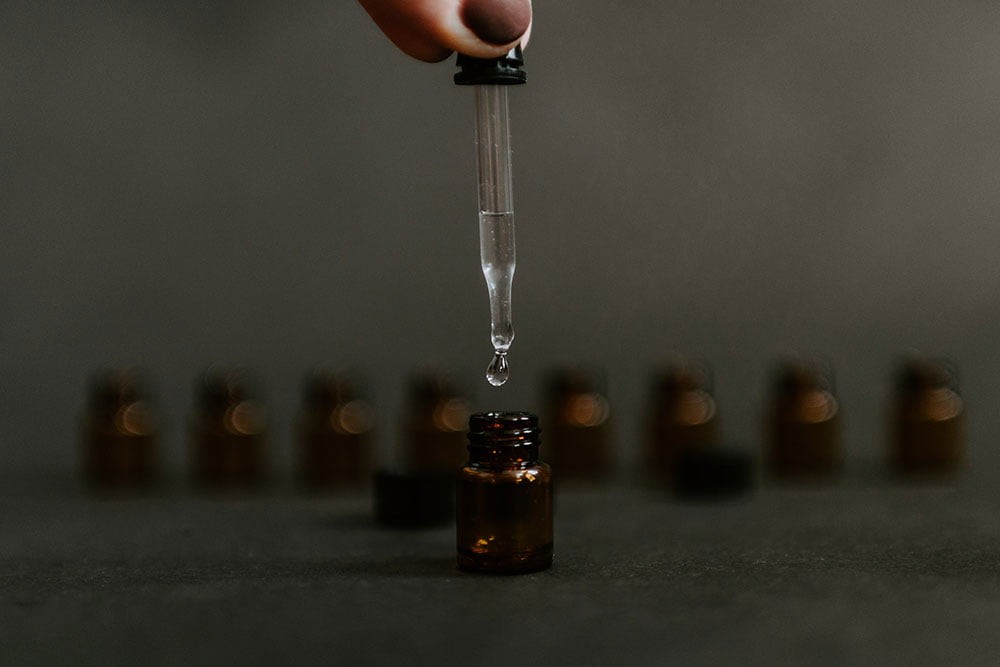The latest misinformation out there is that less is more when it comes to personal care products. The shorter the label, the safer the product. The easier an ingredient is to pronounce, the healthier it is for our skin.
While there are some truths in this concept, there’s so many falsehoods.
EXAMPLE 1: “Witch hazel toner is ideal because it is a single ingredient.”
Yes, only one ingredient is a great way to restore the skin’s pH level and a good starting point. However, balancing pH and enriching the skin at the same time creates a longer label. For some people witch hazel can be drying, so I love when I find a product that can multi task, toning while nourishing and soothing the skin The Countertime Essence does both and boasts a long ingredient list, but is also EWG verified. This is a safe long label.
EXAMPLE 2: “My product doesn’t have preservatives, so it is safer.”
Truth bomb: not all preservatives are toxic. In fact, preservatives maintain the integrity of a product and prevent the growth of mold and bacteria, extending its shelf life. There are safe preservatives and there are some that are knowingly linked to cancers and other health issues.
It’s easy to jump on the “minimal ingredient” bandwagon because when it comes to the foods we consume, shorter ingredient labels generally mean the product is healthier. The easier something is to pronounce, the more natural it is assumed to be, and consequently better for us. Eating whole foods have many nutritional benefits including higher nutrients, fiber, minerals, and vitamins.
However, the “less is more” rule for nutrition does not translate the same in the personal care industry.
The fact of the matter is that there are many harmful and unnecessary ingredients in our products, many of them directly tied to various forms of cancers, skin issues, respiratory issues and hormone disruption. However, just because an ingredient list is lengthy doesn’t mean it bad for you.
When trying to minimize harmful chemical exposure, be sure to choose brands that do not just list the ingredients they “ban,” or companies that claim to be “clean.” Instead, be sure you can easily navigate their website and find exactly how they screen ingredients, what safety measures they take, and what kind of science they use in their formulations. For that reason, Beautycounter has checked my boxes when it comes to safety, performance, ethical sourcing, and acceptable manufacturing practices. Read more about our “Never List”, but more importantly, our blueprint for clean.
If you are ready to try high performing, clean ingredients but aren’t sure which products suit your skin’s unique needs, message me for a free consultation.


